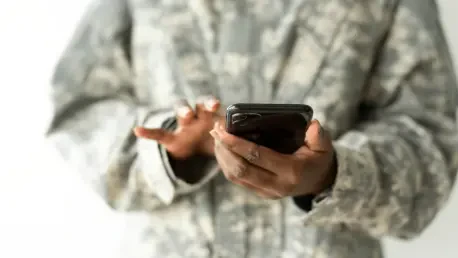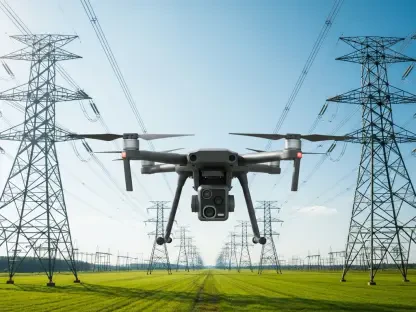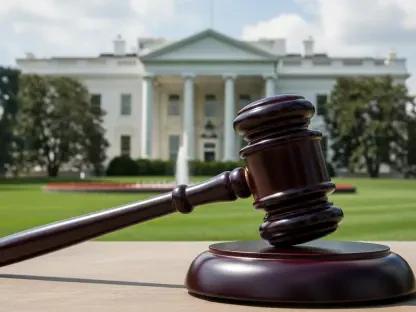In a significant and unfolding investigation, Defense Secretary Pete Hegseth’s use of Signal, an encrypted messaging app, is being examined by the Pentagon’s inspector general. This probe delves into whether Hegseth’s practices inadvertently risked military security and breached established protocols. The controversy centers on allegations that Hegseth’s aides were possibly instructed to delete Signal messages containing sensitive information about airstrikes. As this scenario unfolds, Hegseth’s actions remain in the spotlight due to their potential impact on military operations and communication standards.
The investigation seeks to determine the extent of unauthorized information sharing and its implications. At its core, the investigation is concerned with the potential security breaches that may arise from using unapproved communication channels in the military. Congress is actively involved, as Defense Secretary Hegseth is slated to testify and address these pressing issues. Experts and lawmakers are keenly interested in understanding the scope of any information leaks and their potential consequences on operations and personnel. Such revelations could lead to amendments in protocols, stressing the importance of secure and authorized channels for military communications.
Highlights from Investigative Proceedings
The investigation centers on the intricate dialogue between military safety, communication protocols, and political influences. Testimonies and discussions on Capitol Hill have concentrated on evaluating the potential security risks of using a service like Signal for military communications. Though Hegseth argues that no classified information was disclosed, concerns linger about the impact of even seemingly informal exchanges on operation security.
Insights from Defense Experts
Experts from the Pentagon have raised alarms about Signal’s vulnerabilities, stressing the necessity for strict adherence to secure communication protocols. It is well-documented that secure channels are mandatory for military communications to mitigate risks of breaches or unauthorized leaks. Defense experts have voiced their opinions, cautioning that any bypassing of these standards could jeopardize mission-sensitive information and the safety of military personnel, inadvertently creating substantial risks.
Congressional Debates on Military Protocols
Senate Armed Services Committee sessions have provided a platform for vigorous debate over the legitimacy of Hegseth’s messaging practices. Discussions have revolved around the critical nature of following established communication guidelines and the potential fallout from neglecting them. Congressional debates highlight the need for clear-cut protocols to prevent future incidents and outline best practices for secure communication.
Exploration of Security Breaches
The investigation also included workshops and demonstrations that illuminated potential communication breaches and enriched attendees’ understanding of security protocols. Engaging sessions emphasized the importance of protocol compliance, fostering a proactive approach to safeguarding communication channels and preserving the integrity of sensitive information.
Innovations in Military Communication
In response to these discussions, the event showcased cutting-edge technology aiming to fortify secure communication in the military sector. Key highlights included advancements that promise to enhance the robustness of information exchange, minimizing vulnerabilities and setting new standards in secure communication. These innovations underscore the commitment to preventing future security risks.
Broader Implications and Future Impact
The investigation into Hegseth’s practices could ripple through military communication protocols, influencing future policies and standards. The event accentuates the need for heightened vigilance and secure communication practices within military operations. As the examination unfolds, it is expected to not only address current shortcomings but also contribute significantly to industry trends in secure communication, helping set precedents for future information handling practices.
In addressing these challenges, military governance must focus on robust mechanisms to strengthen security protocols, ensuring that advancements in technology continue to support mission-critical operations securely. The lessons learned from this inquiry are poised to have far-reaching implications, shaping the strategies employed in safeguarding sensitive military information in an evolving technological landscape.









